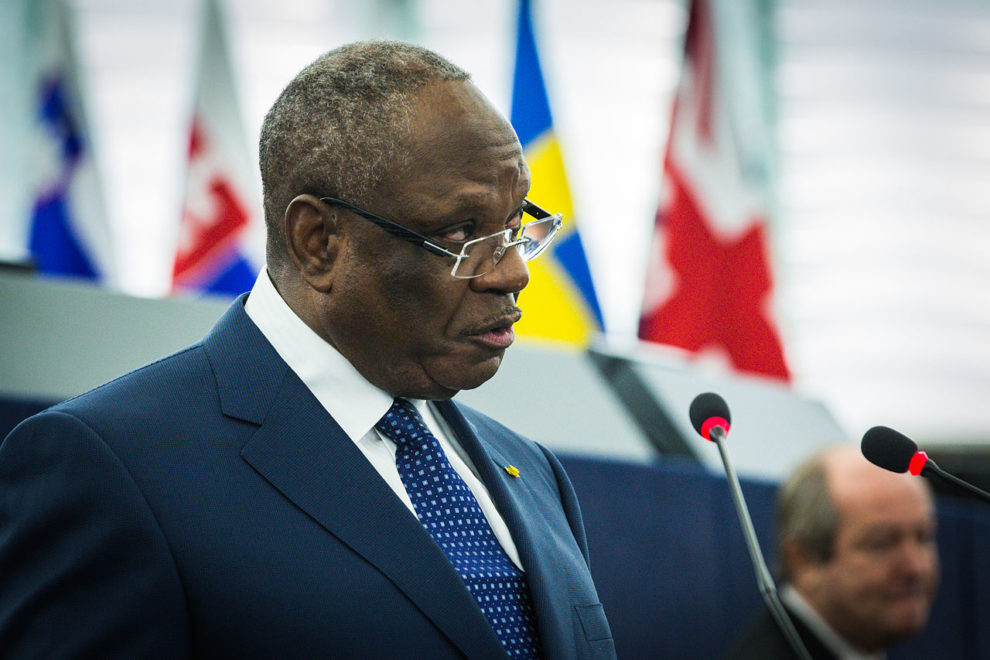Mali faces a long road to political stability following a military Coup that resulted in the ousting of President Ibrahim Boubacar Keita and his Prime Minister, Boubou Cisse. The country’s national assembly and government remain dissolved, with the military taking over under the leadership of Colonel Assimi Goita.
Mali Coup
The military mutiny started at a military camp outside of the capital Bamako in Kati, the same camp from where the 2012 military coup started. The Prime minister had initially tried to calm the troops on Facebook, urging them to put down their arms and give dialogue a chance.
In a televised interview at Midnight, the now Ex-president said he had no choice but to step down after seven years of service. Addressing the nation from the national broadcaster ORTM, Boubacar insisted he chose to step down to avoid bloodshed. The army has since imposed a 9 p.m. to 5 a.m. curfew.
Colonel Goita has since declared himself the leader of military figures tasked with the responsibility of ensuring political transition with elections planned within a reasonable time. In the meantime, all air and land borders in the West African nation embattled with a social-political stand-off, and the security crisis remains closed.
International Condemnation
The coup has since sparked international condemnation with most of the condemnation coming from ECOWAS and the United States of America. Of great concern to the international community is that the coup could destabilize the West African nation further. A rise in insurgency from Islamists extremists as well as government mass protests has all but crippled the country.
In a bid to calm the storm and condemnation, coup leaders have invited all people to join and support the group in creating the best conditions for a political transition. The spokesman of the National Committee for the Salvation of People CNSP Col Major Ismael Wague says they are committed to creating the best roadmap that will lay the foundation for a new Mali.
President Keita leaves office on failing to address multiple grievances that triggered mass protests across the country. Allegations of corruption within the administration, failure to deal with extremist’s insurgency were some of the misfortunes that marked the end for Keita and his regime.









